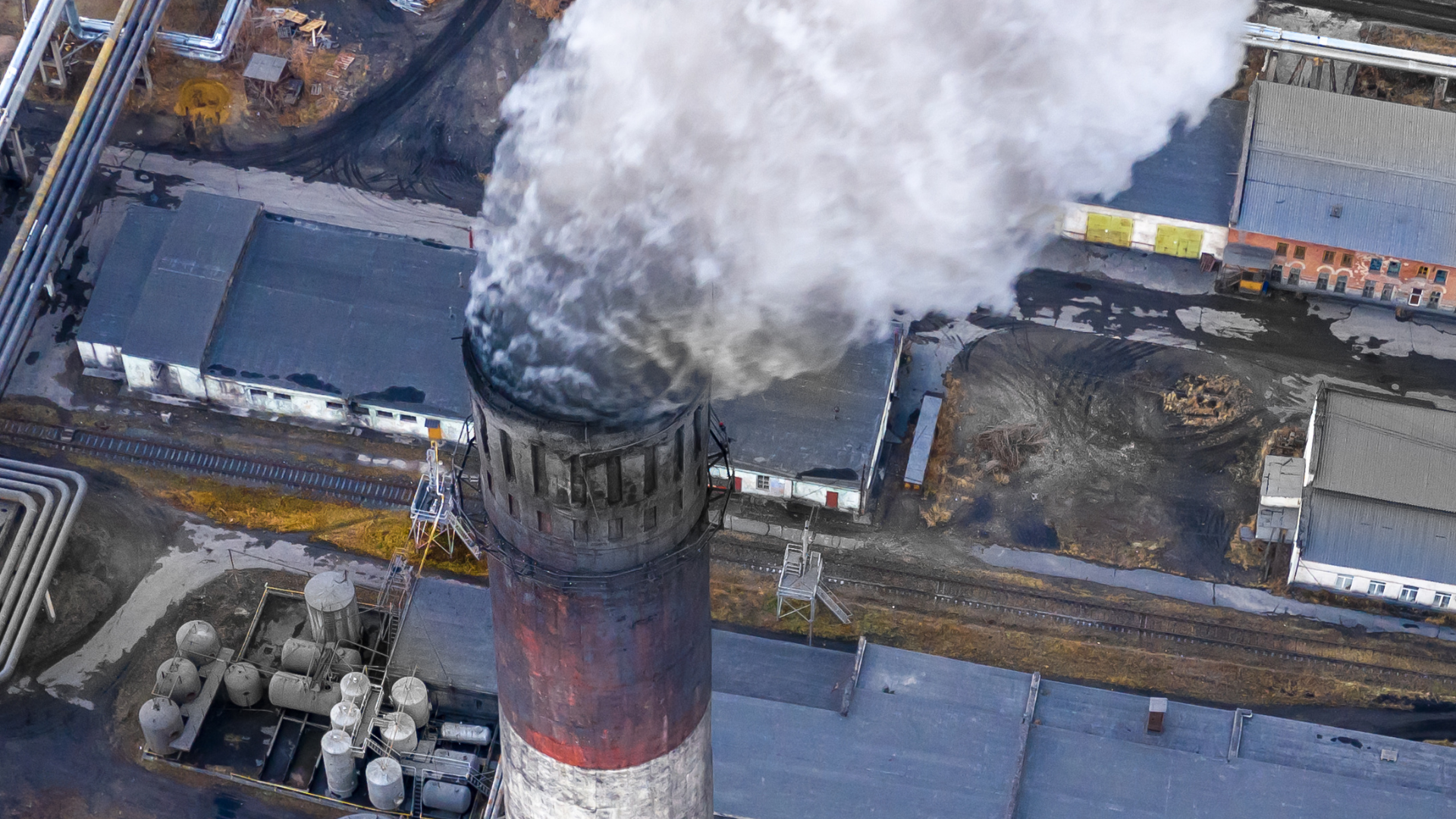- 30.06.2021
- Ecological justice
- Array
Recourse is calling on the Asian Development Bank (ADB) to ensure its revised Energy Policy is fossil free and climate proof, in a submission to the ongoing Energy Policy review. It urges ADB to not become laggard, but instead play a leadership role and shift its trajectory towards a more sustainable path, building on efforts to align with the Paris Agreement and its 1.5°C aspiration.
In a 2020 evaluation of the policy, ADB’s Independent Evaluation Department (IED) found that ADB “is no longer adequately aligned with the global consensus on climate change”. Moreover, a number of ADB shareholders have ramped up their commitments for a fossil fuel free future in recent years, including those determining their engagement in MDBs, such as the UK’s new Export Finance Policy. Other MDBs have also strengthened their policies, for example the European Investment Bank is moving towards a near full exclusion of fossil fuels.
ADB’s draft Energy Policy states that “a vigorous intervention in the energy sector represents a direct and effective response to tackling climate change and building climate and disaster resilience” and recognises some of the concerns of continuing business as usual, including acknowledging the risk of fossil fuel plants becoming ‘stranded assets’ as cleaner technologies gain a stronger foothold.
The policy commits to some positive steps; significantly the exclusion of coal sends important signals that the fossil fuel era is coming to an end. Yet, fossil fuels still feature strongly in the draft with a continued focus on gas, in particular as the listed conditions for ADB to finance gas projects are vague, leaving potential loopholes for unabated gas to continue. More clarifications are also required regarding funding through financial intermediaries, known to have undermined coal restrictions at other institutions, in particular the International Finance Corporation.
Moreover, the policy lacks explicit targets on what ADB aims to achieve in terms of GHG emission reductions, clean renewable energy support, on energy access, to name a few. Nor does it commit ADB to work towards the Paris Agreement’s 1.5°C goal. This is a big omission, indicating a reluctance for ADB’s interventions to be monitored, measured and held accountable for any of its commitments. As it currently stands, the next opportunity for review is 2025, which is too long given the urgent need to address climate change by rapidly phasing out fossil fuels.
Read the full submission here.

